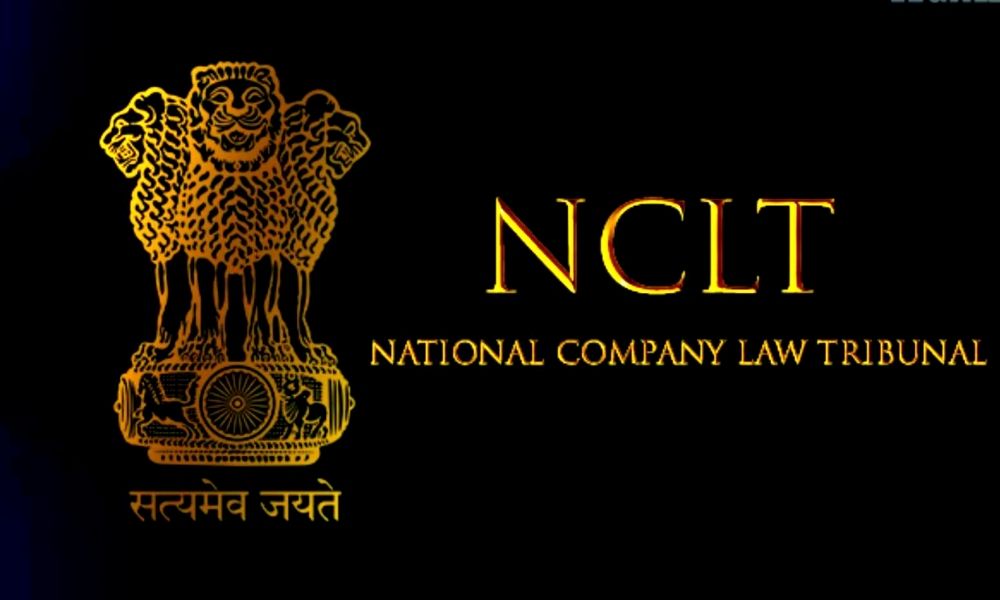Tanisha Rana
Published on: September 11, 2022 at 21:24 IST
A petition to start a Corporate Insolvency Resolution Process (CIRP) against Pancard Clubs Limited was accepted by the National Company Law Tribunal (NCLT) in Mumbai on Friday [Pancard Clubs Limited vs. Nitin Suresh Satghare].
On a joint petition submitted by 100 shareholders, Justice PN Deshmukh, a judge, and Shyam Babu Gautam, a technical member, made the decision.
Rajesh Sureshchandra Sheth was accepted by the Tribunal as the Interim Resolution Professional (IRP).
The petition was submitted to the NCLT on the grounds that Pancard had failed to reimburse investors’ money to the amount of Rs. 1,55,12,880. The financial burden was brought on by the petitioners’ participation in a Collective Investment Scheme (CIS) run by the corporation under the guise of a timeshare company.
In a directive dated February 29, 2016, the Securities Exchange Board of India (SEBI) ordered the business to wind up the CIS and restore investor funds totalling Rs. 7,035 crore within three months of the order’s issuance.
The Securities Appellate Tribunal (SAT) affirmed this decision.
The contributions made by over 50 lakh investors were accepted by the firm under the premise of a time share plan for the purchase of hotel nights at various facilities and resorts controlled by the company, according to the shareholders attorney Nausher Kohli.
SEBI argued that the start of CIRP would be prejudicial to recovery processes already started by the agency for violations of the SEBI Act in opposition to the appeal.
However, NCLT rejected this application because it believed that a SEBI order did not prevent the launch of CIRP against the business.
From the documents that were attached to the petition, it was also deduced that the corporation had broken the terms of the contract and that the repayable sum was thus in default.
“It is seen that the Financial Creditors have disbursed the money against time value of money which in the instant case means that the Petitioners were to receive a value higher than the invested amount, which has all the characteristics of Financial Debt.
Further, the Petitioners have placed on record bank statements and financial contracts to prove the same,” the Tribunal held.
The Bench determined that the company’s delinquency exceeds the minimum amount required by the Insolvency and Bankruptcy Code (IBC).
“The debt and default stands established and there is no reason to deny the admission of the petition,” the order concluded.

